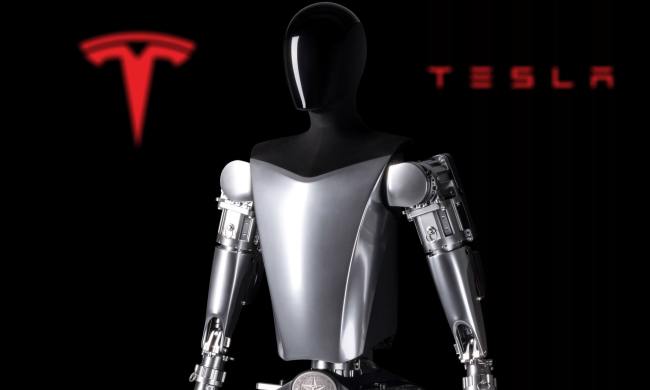U.K. entrepreneur and engineer Toby McCartney has been working to change that, courtesy of technology that allows for the creation of high quality road asphalt out of recycled plastic waste. With the innovative tech, he now wants to use discarded plastic from landfills to transform millions of kilometers of roads around the world.
“We take waste plastic that is destined for landfill sites and recycle it,” McCartney told Digital Trends. “What we’re able to do is to take this plastic that has been thrown away, and use a special formula to clean it off, create pellets using it, and then use those pellets to add to a mixture of rocks and bitumen to make longer-lasting roads.”
So far, the scheme has won the approval of Virgin founder Sir Richard Branson, and McCartney’s company MacRebur has gotten the support of two local governments in England to start using its MR6 product to build their roads.

McCartney describes the technology as a “real win-win across the industry.” It lessens the reliance on fossil fuels due to the reduction in oil that needs to be used as part of the formulation, helps cut down on waste plastic going to landfill, and improves the streets we drive on. The plastic-based road asphalt made by MacRebur is 60 percent tougher than standard asphalt. By tweaking the recipe, the surface can also be modified for different environments.
In addition, it saves money for all involved. Companies that sell the waste plastic to McCartney save money by not being taxed for sending material to landfill. Local governments save money because they get a longer-lasting road which needs less maintenance. Drivers save money because they’re driving on better roads, with fewer potholes. And McCartney and his colleagues save money because, well, they’re being paid for their work.
Next up, he says the plan is to expand to new countries — although he noted that this must be done the right way.
“Something we’re very conscious of is that we’re still classed as a startup,” McCartney said. “We don’t want to grow too quickly, because we want the infrastructure in place to produce our pellets. We’re aware of dealing with over-demand, which would leave us unable to fulfill orders. As a result, we’re being very careful in selecting the countries that we’re expanding into.”


